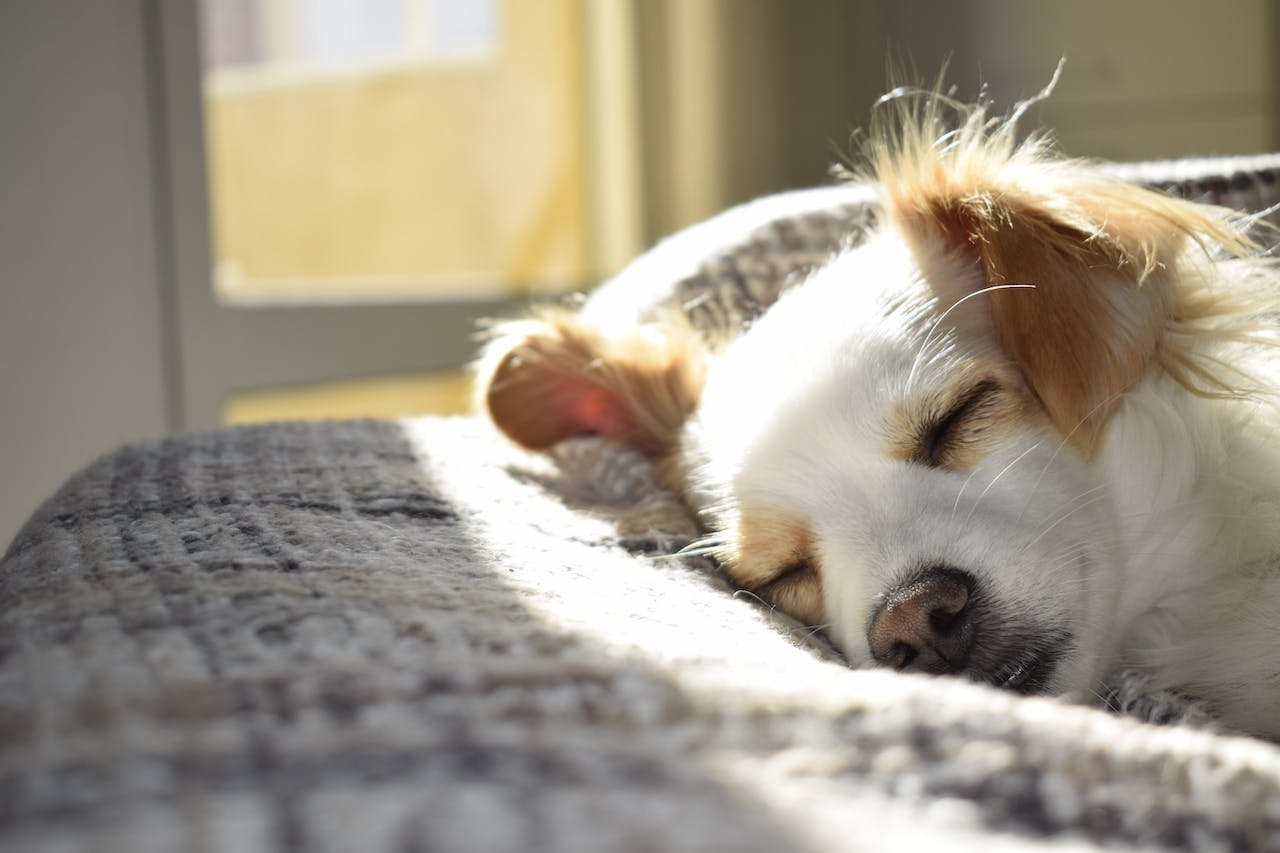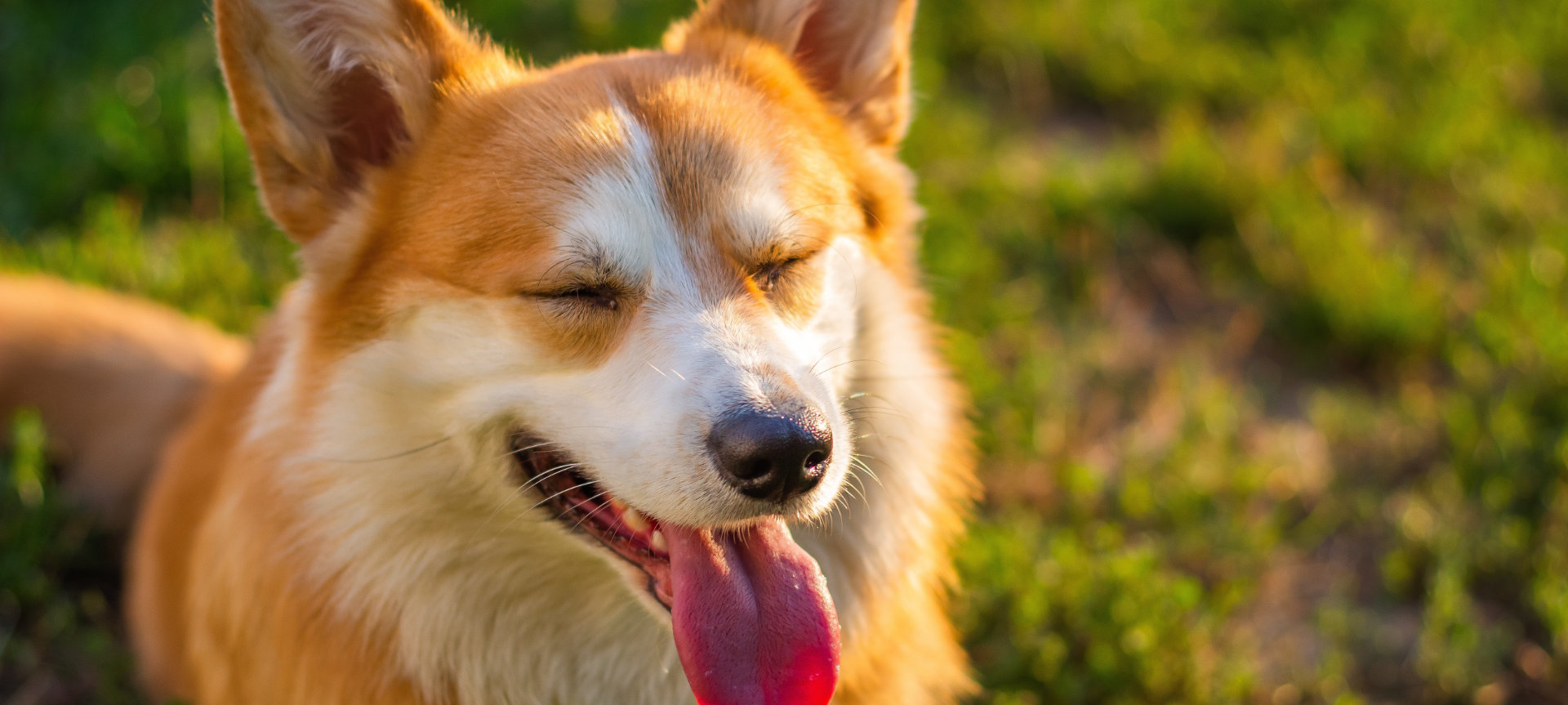
22 Nov Tips for Caring for Your Dog After Oral Surgery
Oral surgery can be a stressful experience for both dogs and their owners. However, by following some simple tips for caring for your dog after oral surgery, you can help them recover quickly and comfortably.
Helpful Tips
- Pain Management
Your veterinarian will prescribe pain medication for your dog to take after surgery. Be sure to follow the dosage instructions carefully and give your dog their medication on time. You may also need to give your dog an Elizabethan collar (also known as a cone) to prevent them from licking, scratching, or pawing at their surgical site.
- Feeding
Immediately after surgery, your dog may not have much of an appetite. This is normal and should improve within a few days. In the meantime, offer your dog soft, easy-to-eat food, such as canned food or moistened kibble. You may also need to feed your dog smaller meals more often.
- Drinking
It is important to make sure your dog stays hydrated after surgery. Encourage them to drink plenty of water.
- Activity Restriction
Your veterinarian will give you specific instructions on how much activity to restrict your dog after surgery. In general, it is important to keep your dog quiet and avoid strenuous activity for the first few days. This will help to prevent the surgical site from opening.
- Wound Care
Your veterinarian will also give you specific instructions on how to care for your dog’s surgical site. This may include cleaning the site with a saline solution. Be sure to follow your veterinarian’s instructions carefully to prevent infection.
- Follow-Up Care
You will need to take your dog back to the veterinarian for a follow-up appointment in a couple of to a few weeks. This will allow your veterinarian to check the surgical site and make sure it is healing properly.
Additional Tips for Caring for Your Dog After Oral Surgery
- Provide your dog with a comfortable place to rest, such as a quiet bed in a well climate-controlled and ventilated room.
- Avoid giving your dog any hard toys or chews until the surgical site has fully healed.
- Be sure to monitor your dog closely for any signs of complications, such as swelling, redness, or discharge from the surgical site.
Veterinary Dentist in Knoxville, Tennessee
Our team is always here to help! If you have any questions after your dog’s oral surgery, give our team a call and we’re happy to talk through any concerns or questions you may have!
Photo by Christian Domingues from Pexels




